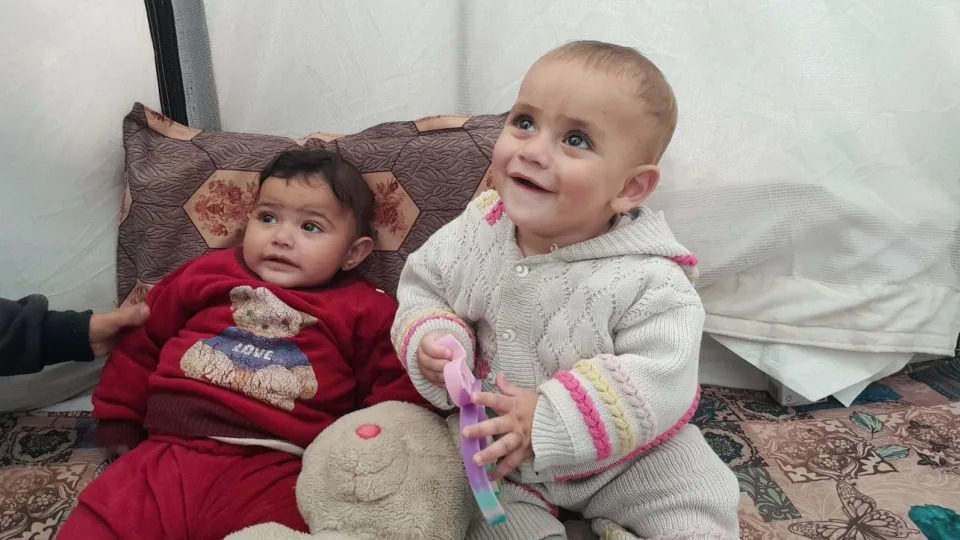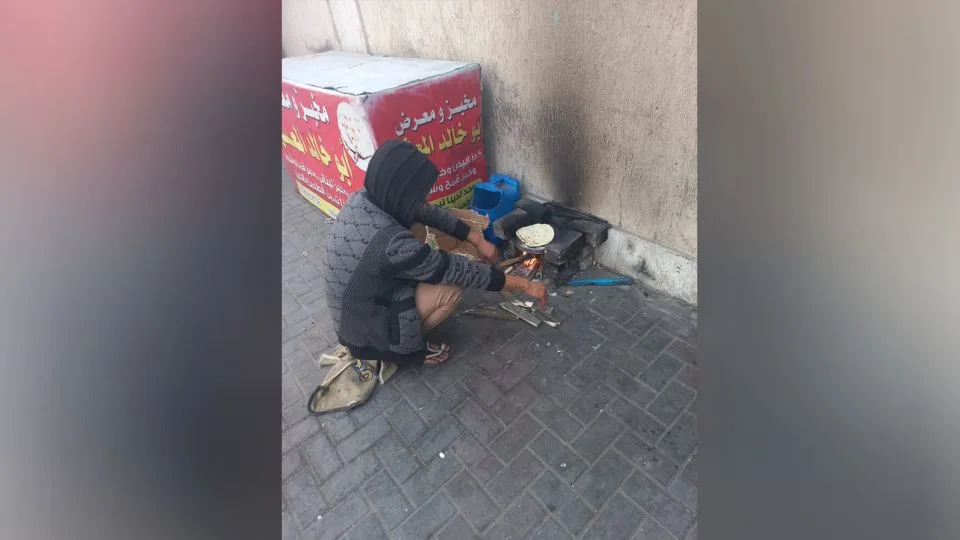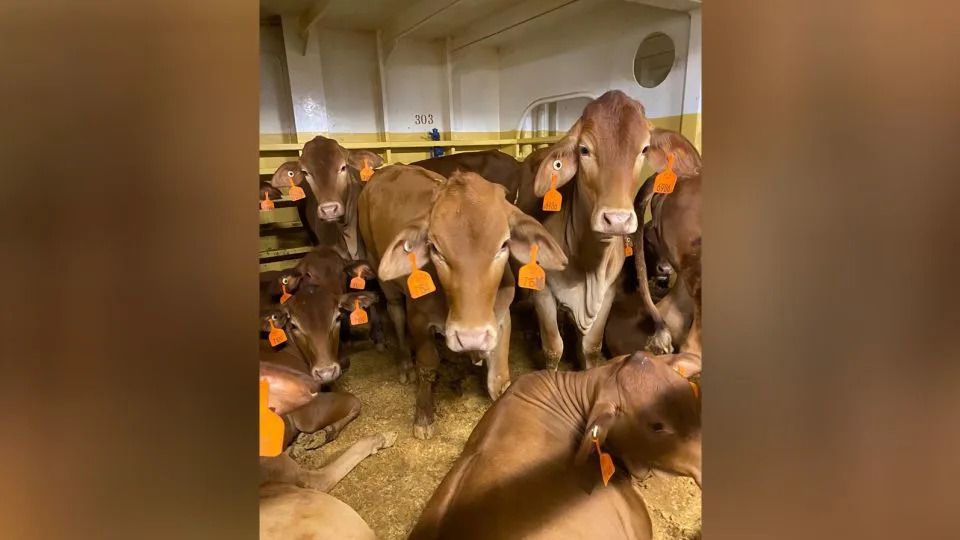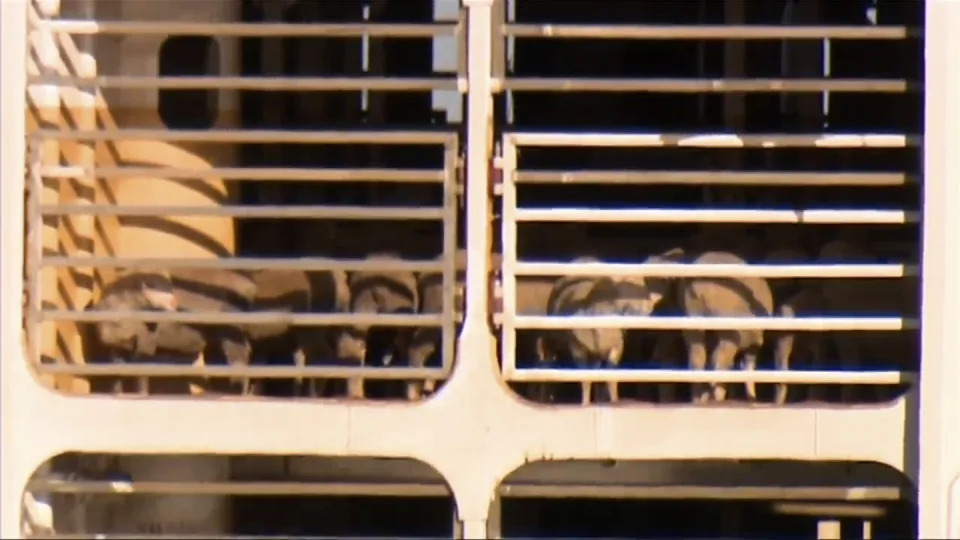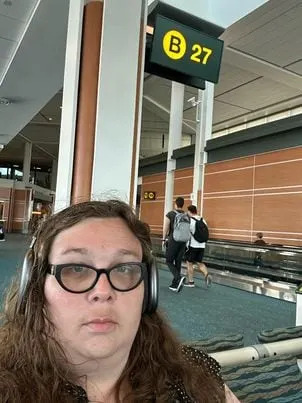Ashifa Kassam
Thu, February 1, 2024

Laurie Anderson performs at the Royal Festival Hall on 18 May 2017 in London, England.Photograph: Imelda Michalczyk/Redferns
The artist, musician and film director Laurie Anderson has withdrawn from a guest professorship at a university in Germany after officials took issue with her support for a 2021 statement by Palestinian artists titled Letter Against Apartheid.
Related: Award ceremony suspended after writer compares Gaza to Nazi-era Jewish ghettos
The decision, announced days before Anderson is due to receive a lifetime achievement award at this year’s Grammys, adds to the wave of cultural events that have been scrapped in Germany after artists expressed views deemed by officials to be anti-Israel.
Late last week the Folkwang University of Arts in Essen said it had “engaged in talks” with Anderson – whose works include the 1981 single O Superman and the 2015 film Heart of a Dog, dedicated to her late husband, Lou Reed – after her name surfaced among the thousands of artists who had backed the open letter, which called for “an immediate and unconditional cessation of Israeli violence against Palestinians”.
The university said it believed that art, culture and science are places “where contentious issues are kept in check”.
Its statement continued: “It has now become apparent that, in 2021, Laurie Anderson publicly supported the Palestinian artists’ ‘Letter Against Apartheid’ appeal, which, among other things, takes up calls for boycotts by the anti-Israel BDS movement,” it said. “In light of the now public question regarding her political stance, Laurie Anderson has decided to withdraw from the professorship.”
While the open letter in question does not directly make reference to the boycott, divest and sanctions movement, which was labelled by the German parliament as antisemitic in 2019, it calls on governments to apply sanctions and to “cut trade, economic and cultural relations”.
The statement also included remarks from Anderson. “For me the question isn’t whether my political opinions have shifted. The real question is this: Why is this question being asked in the first place?” she said. “Based on this situation I withdraw from the project.”
The decision came weeks after it was announced that Anderson would follow in Marina Abramović’s footsteps as the second artist to take up the university’s Pina Bausch guest professorship. “Throughout her eventful artistic career, Laurie Anderson has created groundbreaking works – in visual arts, theatre, experimental music and technology alike,” the university said in a statement at the time. “Laurie Anderson is celebrated for her innovative work, fusing music, performance art, and technology that push the boundaries of artistic expression.”
The crisis in the Middle East has plunged Germany into a far-reaching debate over the limits of freedom of expression when it comes to art and the personal views of artists, prompting a divisive call for an all-out boycott of German cultural institutions over the government’s pro-Israel stance.
Several high-profile artists and intellectuals have been affected: in December, a German foundation said it would no longer be awarding a prize for political thinking to the US-Russian journalist Masha Gessen after the writer drew parallels between Gaza and a Jewish ghetto in Nazi-occupied Europe, while in mid-October the Frankfurt book fair called off an awards ceremony due to honour a novel by the Palestinian author Adania Shibli.
German officials have defended their stance, which comes amid a spike in antisemitism in the country. In a statement sent to AFP in December, the country’s culture minister, Claudia Roth, said that “Israel’s security is a fundamental principle” for Germany, but stressed it was important to try to keep cultural spaces “open and safe for everybody”.
She noted that the cancellation of events and prize ceremonies should be “the last step”, adding: “I would hope that we can move away from fear and move towards dialogue and discourse.”


